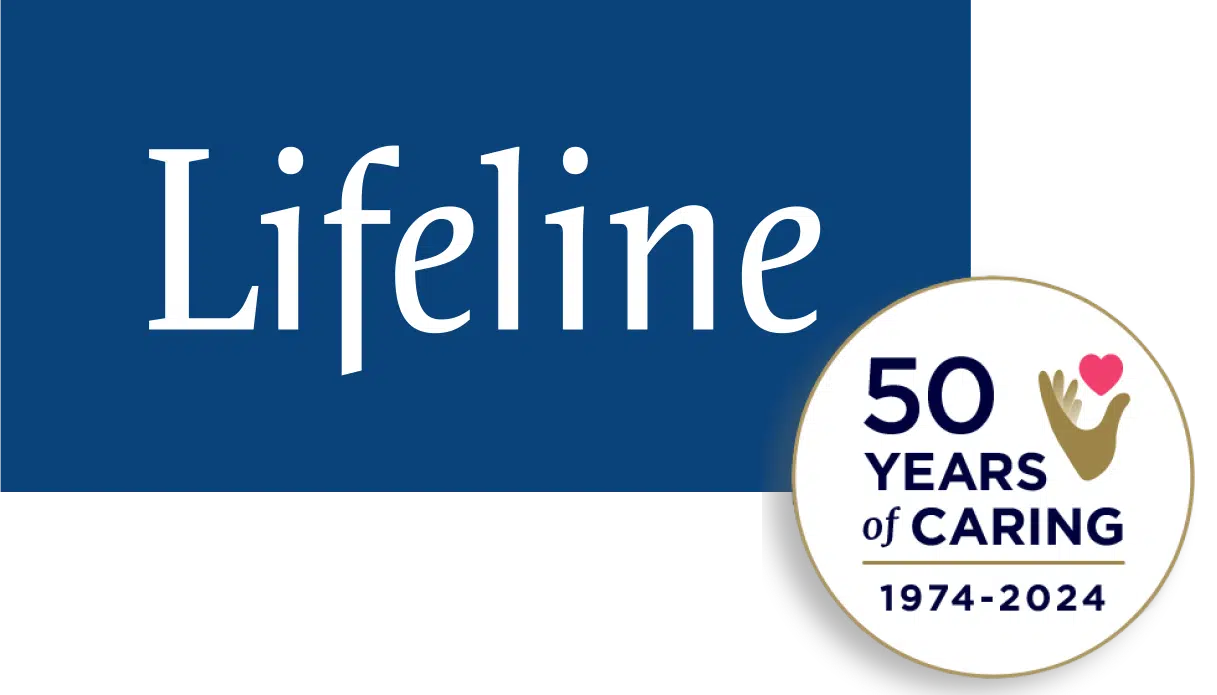Nutrition Needs For Older Adults
Author: Lifeline Canada
Date: 7 October 2020
You hear a lot about what people need in vitamins and minerals, but what you may not realize is those needs change as people age. Certain nutritional elements become even more important while other vitamins and minerals may only be needed in small amounts.
6 Senior Nutrition Tips You Should Know
Seniors must consume the right foods to get the necessary nutrition, especially since they are likely to eat less. Here are some tips caregivers can follow to help their older loved one get the needed nutrition.
- Eat lean proteins: for those who can’t chew meat, select high-protein foods like beans and eggs
- Choose whole grains: protects the heart and improves digestion, includes brown rice, whole wheat bread and whole grain cereal
- Eat healthy fats: including vegetable oils, and fats from fish and nuts
- Eat raw fruits and vegetables: helps provide proper nutrition. Steamed vegetables can be used for those who can’t eat raw vegetables, but don’t overcook
- Eat calcium in dairy foods: including milk, cottage cheese and yogurt every day
- Select foods rich in vitamin B: including red meat, pork, spinach and other leafy green vegetables, whole-grain cereals, peas, lentils, almonds, eggs and peanuts
Vitamin Requirements for Seniors
Here are several vitamins seniors need to help keep them healthy.
- B6: a common deficiency, it results in anemia, higher risk of heart problems and loss of circulation, tingling in hands and feet and fragile skin
- B12: results in anemia, fatigue, loss of appetite, problems with balance, diarrhea or constipation, depression and loss of concentration
- Folic Acid: results in anemia, loss of appetite, headaches, weight loss, diarrhea and forgetfulness
- Vitamin D: comes from sunlight and many seniors spend less time outside which results in deficiency, necessary for absorption of calcium
- Calcium: helps build strong bones and repairs breaks and fractures faster
As you can see, a lack of the right vitamins can result in poor physical health. In addition, it can lead to mental and emotional problems that are often assumed to be the result of aging or another condition.
Why Nutritional Needs Change in Seniors
As people get older, their metabolism slows down. They don’t require as many calories for energy, which means they may need less to maintain their weight. The digestive system also changes and produces less of necessary fluids to aid in digestion. It becomes harder to digest food and absorb the vitamins and minerals in the food.
Appetites also change and seniors may not be as hungry. The food often loses its flavour because the taste buds are not as strong, which can dampen interest in many foods.
Senior women need different nutrition than men. In general, they require fewer calories and often need more calcium because they are a higher risk for osteoporosis.
Dangers of Malnutrition in Seniors
Seniors are at a higher risk for malnutrition. They often lose their appetites and eat less. They may even skip one or two meals a day or only eat a limited variety of foods. If they live alone, they may use the excuse they “forgot to eat” because their bodies don’t warn them of hunger.
Food doesn’t taste as good as it once did, especially since many older people can’t have the spices they once enjoyed because of digestion issues. Bland food isn’t appetizing and results in seniors just skipping the meal or only eat part of it.
While it is important to try to get the nutrients needed from foods, it can also be a good idea to take a vitamin supplement. A doctor can recommend either a multi-vitamin or specific vitamin supplements to help older adults get the nutrition they need.
Healthy eating is important for people of all ages, but it changes with age. Learn what makes for good nutrition for those who are older to help them maintain vitality and energy.
What You Should Do Now:
Here are 5 ways we can help you or your loved one live safer and more independently at home as long as possible:
- Get our latest tips, tools and resources straight to your inbox. Sign up for our monthly newsletter.
- Not sure if the time is right for a medical alert service? Take this quick assessment to find out.
- If you would like to learn how to live a healthier and safer lifestyle, go to our blog or visit our resources section, where you can read and download guides.
- Wondering which medical alert system company is the best for your needs? We’ve put together a guide comparing the best medical alert systems for you.
